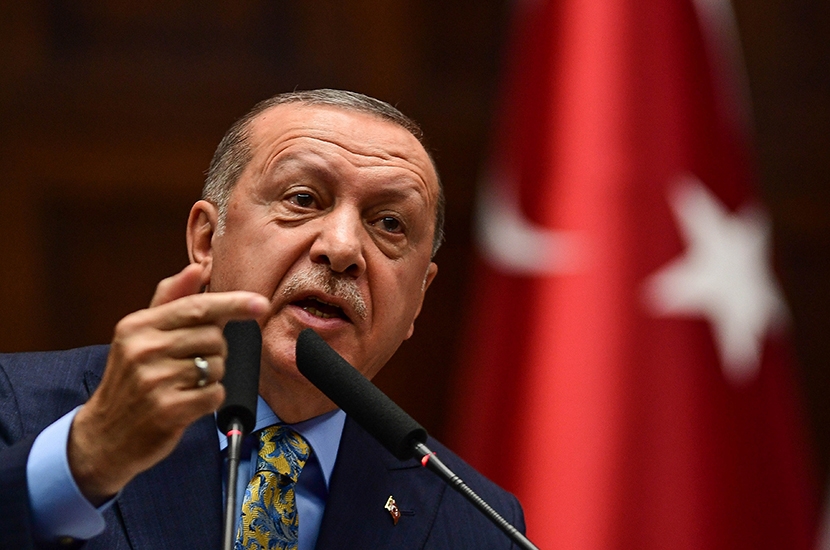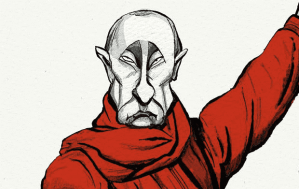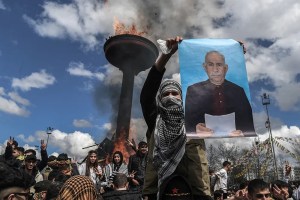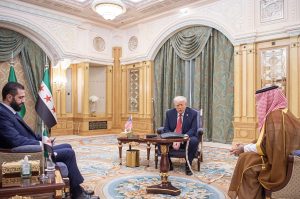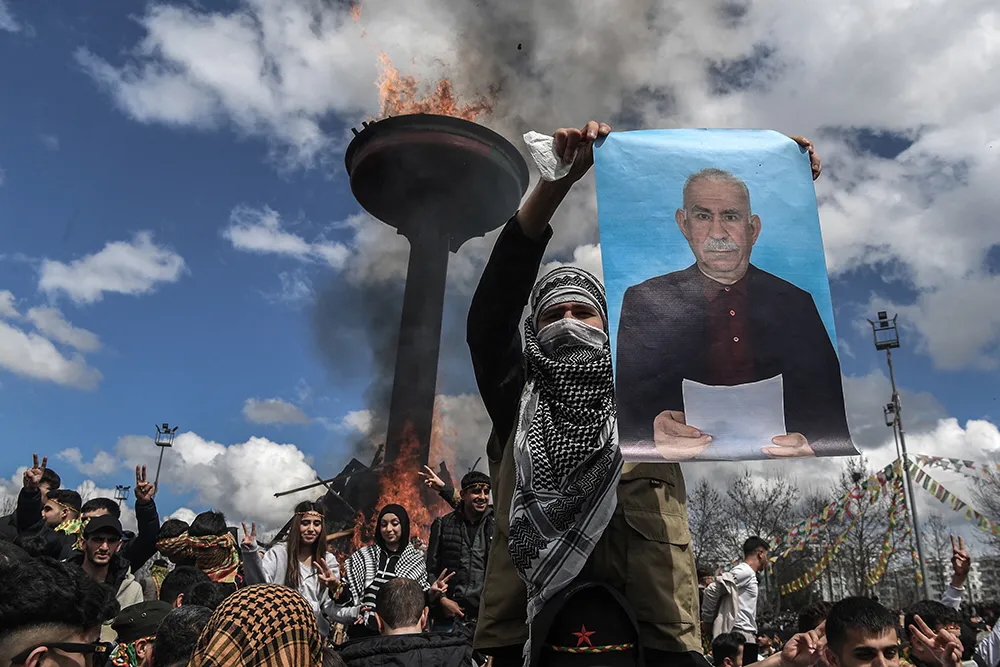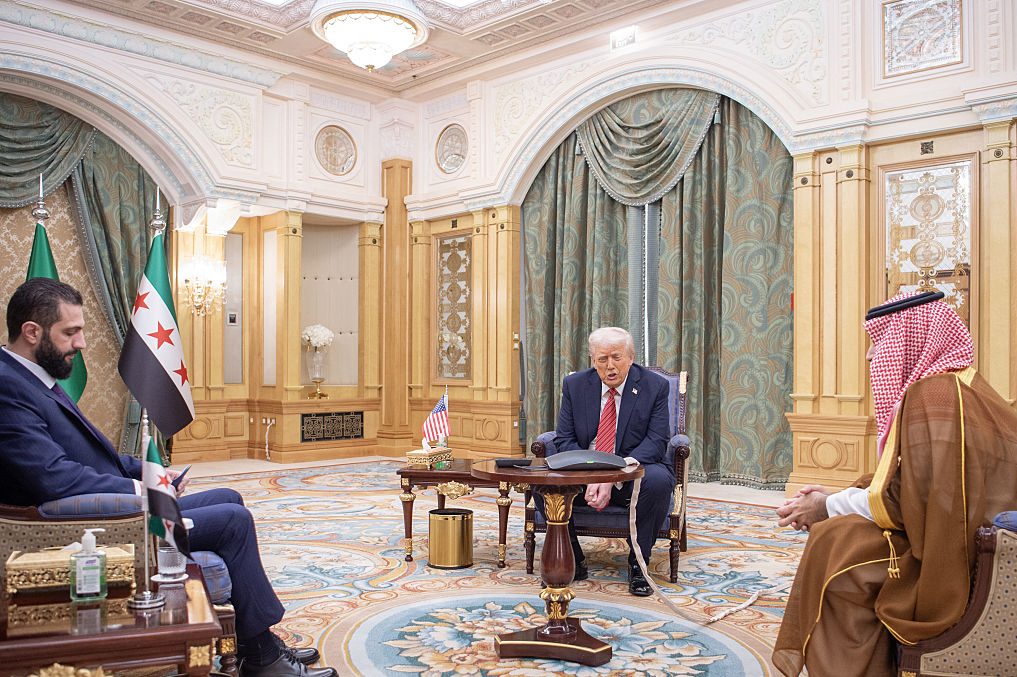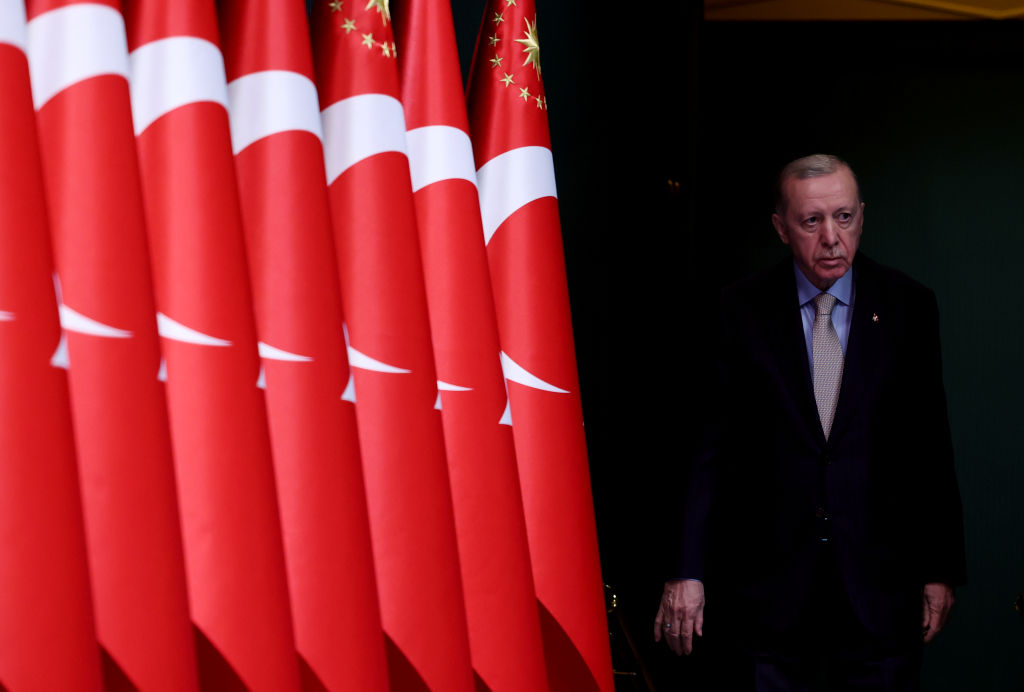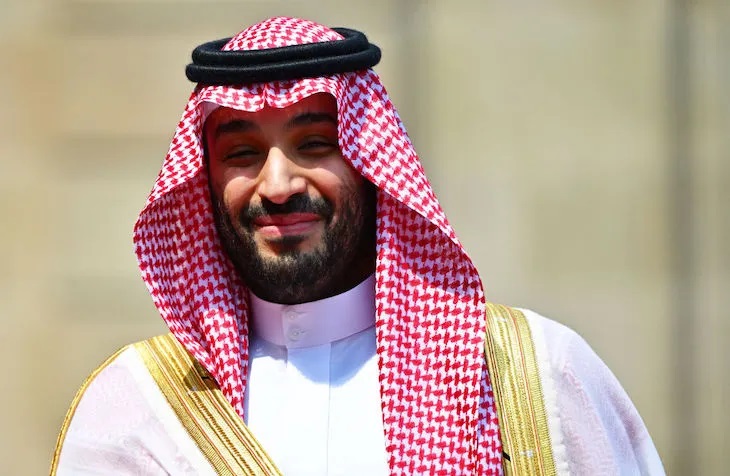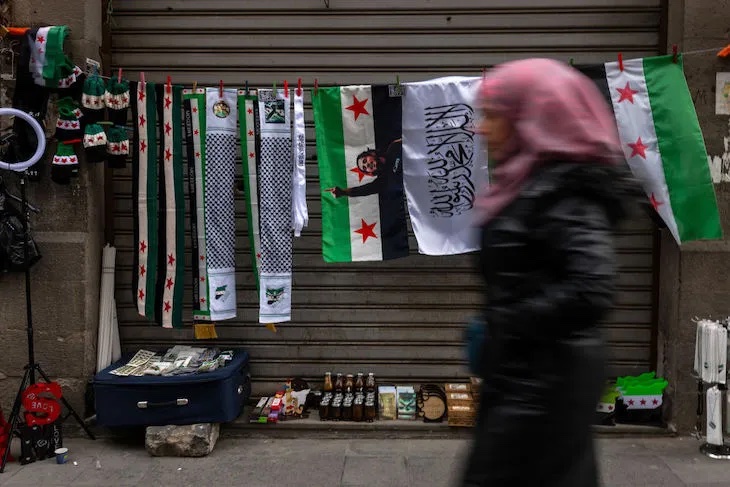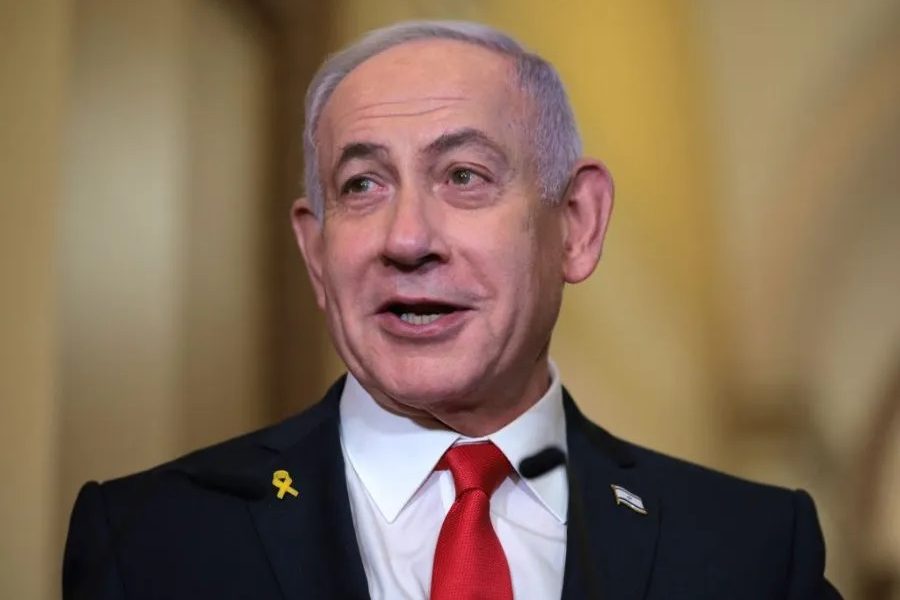No one should fool themselves about the nature of Recep Tayyip Erdogan’s vision for Turkey. It’s an imperialist project that would see Turkey’s hegemony stretch from the Mediterranean Sea and Libya all the way to Iran.
Erdogan’s plans for his country’s expansion are evident in the current stand-off in the eastern Mediterranean between Turkey and Greece. Turkish frigates are accompanying a research vessel, the Oruc Reis, as it enters disputed waters to carry out a seismic survey in search of natural gas. In its path lies a joint force of Greek and French warships, attempting to prevent the Turkish from venturing further. The two sides have almost come to blows — two frigates accidentally collided this month.
Tensions between the two countries are not unusual. In 1996 they almost went to war over an islet populated only by goats. Greece still records thousands of violations of its airspace by Turkish warplanes every year. Yet there is much more to the current crisis than bad blood between the two nations.
The practicalities of the dispute are straightforward: Turkey dispatched the Oruc Reis to survey an area of the Mediterranean which it claims is within its Exclusive Economic Zone, giving it the right to search for fossil fuels. Greece believes the area sits on its continental shelf. It’s basing its claim on the UN’s Convention on the Law of the Sea, which states that even the smallest of islands have their own EEZ. Turkey, one of only 15 countries that hasn’t signed the UN Convention, is unwilling to accept these islands have a claim to the territory. As the struggle for Indian/Chinese dominance in the South China Sea shows, countries increasingly view their EEZs in terms similar to sovereign soil, as it’s becoming easier to extract the resources hidden in their depths.
To secure its access to the Mediterranean, Turkey has signed a memorandum with Libya, creating a naval corridor that stretches from its own shores all the way to the Libyan Sea — a deal reached after Turkey supported the Libyan military in its civil war against General Khalifa Haftar, who is backed by France, Egypt and the UAE.
The problem is that Turkey’s Libyan corridor completely ignores the Greek islands that lie in its path. These aren’t just tiny enclaves, but major islands such as Rhodes and Crete (which have a combined population of 750,000). Greece has responded by striking its own rival maritime deal with Egypt, which would give it the right to drill for oil and gas in the region.
Both the EU and Nato have attempted to bring the two countries back to the negotiating table. But finding common ground between them is difficult. Emmanuel Macron has not helped matters either by sending warships to the Aegean in support of Greece, as part of a general breakdown in French-Turkish relations over the Libyan civil war.
Putting French posturing to one side, the issue for Greece is that Turkey simply does not want to talk seriously about the eastern Mediterranean. During the negotiations, the Turkish have attempted to add a host of other issues and claims to the agenda, in effect advancing their ‘Blue Homeland’ doctrine. The Blue Homeland, first championed by the Turkish admiral Cem Gürdeniz in 2006, is a maritime plan which would see Turkey’s ‘blue’ naval territory extend to the middle of the Aegean, halfway between the Greek mainland and the Turkish coast. This would effectively surround Greek islands like Lesvos and Chios, meaning islands with tens of thousands of people on them would potentially be encircled by a foreign nation’s sovereign waters.
Of course, implementing this doctrine would put Turkey at extreme odds with Nato and its western trading partners. But, according to Gürdeniz, Nato’s ‘Atlantic framework’, as he puts it, is designed to keep Turkey down. His country should instead, he says, look to the East and Russia to become a great power again.
The potential presence of fossil fuels within the Blue Homeland has complicated matters further. For Erdogan, great power status can only be achieved through energy independence. This has led him to intervene in Libya and is why Turkey has launched offensives in both Syria and Iraq. It is also why Yossi Cohen, the director of Mossad, was reported to have said that ‘Iranian power is fragile, but the real threat is from Turkey.’
[special_offer]
If Greece and Turkey are to return to the negotiating table before the situation spirals out of control, these ambitions should be taken seriously. No matter how many times Turkey says it is ready to talk, or how many times EU and Nato officials plead with the two countries to reconcile, the reality is that Greece cannot even begin negotiations while Turkey aims to expand its territory across the Aegean as well as the eastern Mediterranean.
The stakes are high, and a resolution depends on more than just the EU getting the two sides to talk. At the moment, Greece, France and Cyprus are not just clashing diplomatically with Turkey, but also with Italy and Spain, which have interests in the region. The EU will have to present a united front to see down the maximalist demands of the Turkish side. Britain has a part to play in all this too, once it decides what its foreign policy actually is.
Macron has said in the past that there is no diplomacy without red lines. The EU now has a double task: they must define what those red lines are, and then defend them without them being undercut from inside the bloc. This disunity and lack of vision is ultimately what will need to be resolved to avoid further trouble in the Mediterranean.



